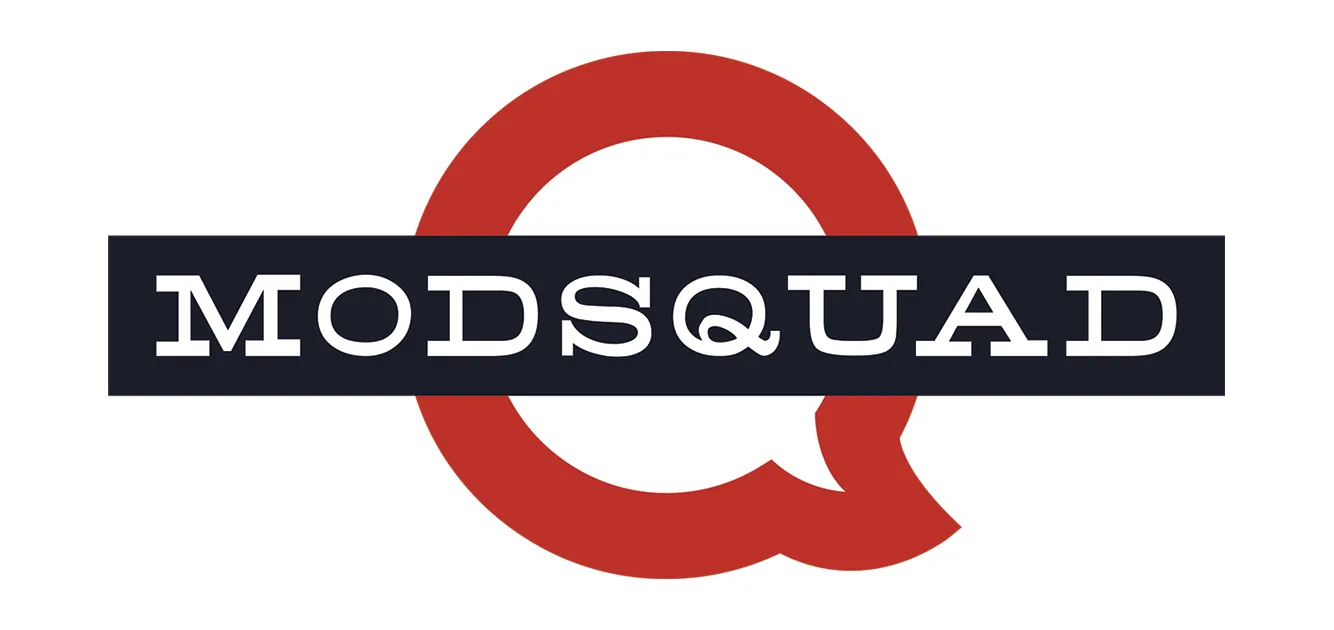
Being A Geek: What It Is And What It Should Be
 Hello everyone. My name is Guido and I am a geek. I guess you could also call me a pop culture addict. What started this obsession, I can’t really say. Perhaps the early 80’s? Culprits like my older neighbor getting me hooked on classic Marvel and DC comics; or the brilliance of Optimus Prime and Matt Trakker on my Saturday mornings (fact: they taught this German bits of English in my early years); or perhaps it was that pixelated ne’er-do-well Bobby eternally Going Home on my Atari 2600. Who’s ultimately to blame, though, remains a mystery even to me. All I know is that today, at age 35:
Hello everyone. My name is Guido and I am a geek. I guess you could also call me a pop culture addict. What started this obsession, I can’t really say. Perhaps the early 80’s? Culprits like my older neighbor getting me hooked on classic Marvel and DC comics; or the brilliance of Optimus Prime and Matt Trakker on my Saturday mornings (fact: they taught this German bits of English in my early years); or perhaps it was that pixelated ne’er-do-well Bobby eternally Going Home on my Atari 2600. Who’s ultimately to blame, though, remains a mystery even to me. All I know is that today, at age 35:
- I probably have seen every episode of some TV show you’ve never even heard of;
- I typically reward myself for accomplishing certain life achievements (like, say, submitting a blog post) with a new video game;
- And if you want my Tardis teapot, you’ll have to pry it from my cold, dead hands.
You know what, though? I don’t regret a thing.
Let’s face it: Being a geek is great. As Simon Pegg has so aptly put it:
“Being a geek is all about being honest about what you enjoy and not being afraid to demonstrate that affection. It means never having to play it cool about how much you like something … being a geek is extremely liberating.”
That doesn’t mean, however, that being a geek – especially an adult geek – is always easy. Before I found a new home in the geek sanctuary that is Metaverse Mod Squad, I was an academic. I even have a Ph.D. in German Literature, if you can believe it (the completion of which, by the way, I celebrated by buying myself a PlayStation 3). Academia (German Studies in particular) is commonly not the most accepting of environments when it comes to what they perceive as “low brow” entertainment. And, let me tell you, giving talks about the cultural significance of Buffy the Vampire Slayer or the subversion of fixed national identity through German rap music is always a surefire way of drawing some indignant stares in any scholarly setting.
And yet, for all the freedom that geek culture offers, it can be pretty exclusive and intolerant in its own right.
Never mind the constant, hard-fought battles in mainstream Geekdom, such as:
You prefer Babylon 5 to Star Wars? I shall have to curse your name for all eternity! You think Batman would kick Superman’s butt? To the torches, villagers, time to light the pyre!
The dark-side is that: as long as you’re a straight white male, it’s all in good fun. Doesn’t matter if you’re tall or short, skinny or fat, what language you speak or even what country you’re from — we may not like your opinion, but you’re still “one of us.”
If this criteria doesn’t apply to you, geeks can be a pretty unaccepting bunch. While the geek community has its share of veritable female celebrities in Felicia Day, Veronica Belmont and others, the mere mortal female geeks – especially women gamers – frequently find that they aren’t taken seriously as geek-peers. In the hyper-masculine world of mainstream comics female protagonists are still the exception; and even if women are represented as heroic equals, they are almost always sexualized to please a straight male audience. On the cinematic side of things, most popular films still fail the Bechdel test with flying colors; Geek-favorite genres like science fiction and fantasy emphatically included. In the same vein, LGBT characters are rarely ever more than comic-relief sidekicks at best. And as for video games? Well, let’s not even go there….
 That said, there are cases when media is actually ahead of its audience. The television series and films of fan-favorite Joss Whedon frequently feature crucial and centralized female and gay characters. Only this month, comic books have seen the arrival of a Muslim woman taking over the iconic role of Ms. Marvel. And even recent video games have not only re-envisioned previous sex symbols like Lara Croft to a more emancipated, empowered storyline and introduced strong new female protagonists like Beyond: Two Soul’s Jodie, but also put homosexual relationships front and center in blockbuster titles like Mass Effect 3.
That said, there are cases when media is actually ahead of its audience. The television series and films of fan-favorite Joss Whedon frequently feature crucial and centralized female and gay characters. Only this month, comic books have seen the arrival of a Muslim woman taking over the iconic role of Ms. Marvel. And even recent video games have not only re-envisioned previous sex symbols like Lara Croft to a more emancipated, empowered storyline and introduced strong new female protagonists like Beyond: Two Soul’s Jodie, but also put homosexual relationships front and center in blockbuster titles like Mass Effect 3.
It’s time for all geeks to take notice of this trend and get with program. The fact is that the stuff that we all love doesn’t get worse without all those ‘isms’ that still widely permeate it; it gets better. And just as narratives become more interesting through more diverse characters, so do communities.
Guido Schenkel
Senior EU Project Manager

